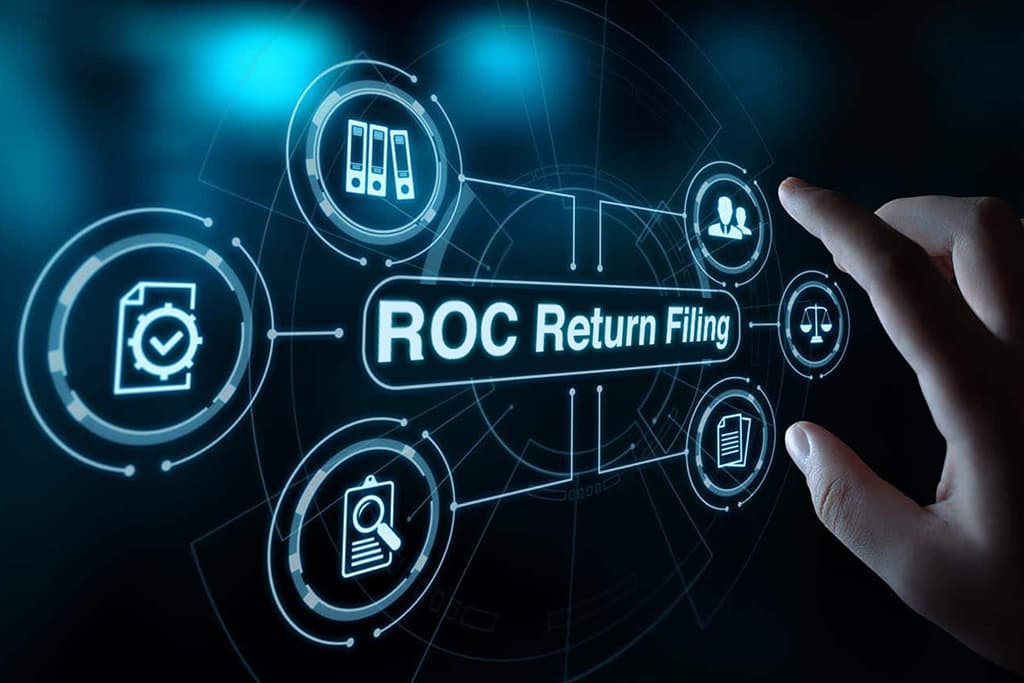
ROC Filing
The Register of Companies (ROC) is an office within the Ministry of Corporate Affairs (MCA) that oversees the administration of all Indian companies and Limited Liability Partnerships (LLP). The MCA oversees and regulates all entities and LLPs established under the Companies Acts of 1956 and 2013. The ROC is the authority in charge of company registration or incorporation in India.
Registering A Company In India
Every company in India requires ROC approval for incorporation. Once the company’s incorporation application is submitted, the ROC will review it and issue the incorporation certificate. This incorporation certificate serves as proof of a company’s existence. Similarly, if a company fails after incorporation, the ROC has the final authority to remove the company’s name from the registry.
1,248 Total Views
Our Process
The Register of Companies (ROC) is an office within the Ministry of Corporate Affairs (MCA) that oversees the administration of all Indian companies and Limited Liability Partnerships (LLP). The MCA oversees and regulates all entities and LLPs established under the Companies Acts of 1956 and 2013. The ROC is the authority in charge of company registration or incorporation in India.
Registering A Company In India
Every company in India requires ROC approval for incorporation. Once the company’s incorporation application is submitted, the ROC will review it and issue the incorporation certificate. This incorporation certificate serves as proof of a company’s existence. Similarly, if a company fails after incorporation, the ROC has the final authority to remove the company’s name from the registry.
Section 117 of the Companies Act of 2013, states that every resolution passed by the company must be communicated to the ROC within 30 days of the resolution’s passage. From the appointment of directors or managing directors to the dissolution of the company, all information must be communicated to the ROC.
What Is ROC Filing?
The filing of audited financial statements and annual returns to the ROC is referred to as “ROC filing.”
According to Sections 129 and 137 of the Companies Act of 2013, every company is required to file audited financial statements with the ROC.
Similarly, annual returns must be submitted to the ROC under Section 92 of the Companies Act, 2013.
The above documents must be filed within 30 days and 60 days, respectively, of the conclusion of the annual general meeting.
Documents required for ROC filing
Every company has to annex certain documents while filing the ROC. They are:
- Balance sheet
- Profit and loss account
- Annual return
- Cost Audit Report
- Maintaining Book of Accounts
- Preparing Financial Statements of the Company
- Appointing Auditor for the Company
- Statutory Audit of Private Limited Company Financial Statement
- Conducting Annual General Meeting
- Annual Filing of Company
Every corporation and limited liability partnership must file an annual report with the Ministry of Corporate Affairs. Delays or non-filing of returns result in significant interest and penalties. This plan is intended to provide you with professional assistance in filing your taxes.
